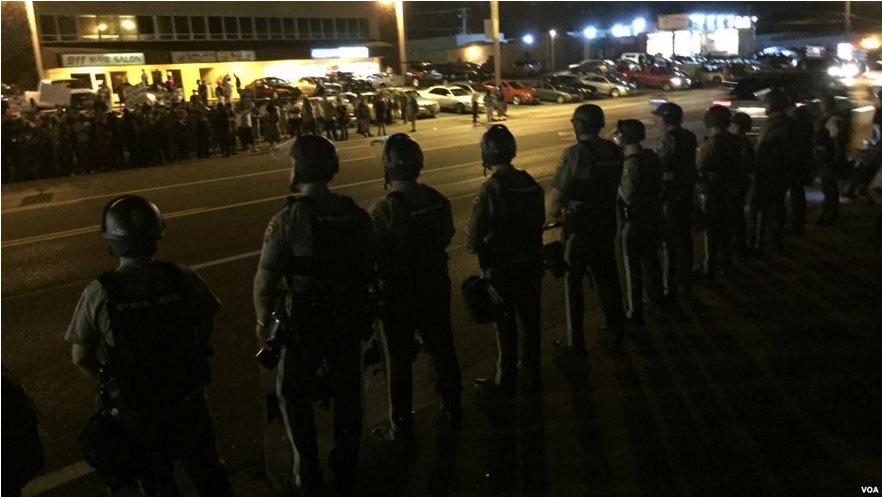If you’ve ever felt lost in conversations about racial disparities, if you’ve ever uttered the words “All lives matter,” or if you’ve ever wanted to know what it is like to walk a mile in a black man’s shoes, Ta-Nehisi Coates’ Between the World and Me is a must-read. The national correspondent for The Atlantic addresses the many challenges of growing up black with a lyricism that we have not seen since the likes of James Baldwin. Novelist Toni Morrison praised him for filling the “intellectual void” that Baldwin left after his death.
In the form of a letter, Coates warns his son Samori how it will feel to grow up as a black man and how to keep his body safe. To be black and live in America, he explains, is to constantly fear for “the body” — that is, to fear that someone could take your life at any moment. It is not just an officer’s gun or a lynch mob that black men have to fear, but one another as well. Though Coates acknowledges the violence in the neighborhood in which he grew up, he does not apologize: “To yell ‘black-on-black crime’ is to shoot a man and then shame him for bleeding.” The violence is a reaction to fear, a response of rage, an inevitability of being oppressed by a nation that rejects and pushes against your existence.
With Baltimore still raw from last year’s violent protests over the death of Freddie Gray, Coates does something very peculiar. He defends violent protest. He explains his contempt for the peaceful protesters of the past who accepted the mutilation of their bodies by dogs, fire hoses and billy clubs. He takes pride in Malcolm X’s “self-possession” in his reclaiming of the body from those that tried to take it. Whether or not you agree, Coates makes you understand that he might not be right, but he is most definitely not wrong. To fight to protect yourself one moment and then sacrifice your body the next is not proving something, Coates explains, but acquiescing.
Coates also comments on the falseness of blissful ignorance. He tells his son that though he wishes he did not have to suffer, he would not want him to be like the “Dreamers” (those who “believe” themselves to be white). The Dreamers take comfort in their blindness and living on top of others, but Coates wants his son to always be cognizant of the truth of the world, as ugly as it might be. He writes, “You have been cast into a race in which the wind is always at your face and the hounds are always at your heels. And to varying degrees this is true of all life. The difference is that you do not have the privilege of living in ignorance to this essential fact.” He dreads the fact that his son will be so unbearably self-aware and see himself in contrast to the rest of the world. He mourns that because his son was born black in America, he is exposed to the ugliness of the world. However, Coates knows that this is also a gift. It is truth — not privilege or power — that defines the value of a life.
Emily Shwake is a senior English major. She can be reached at eshwakedbk@gmail.com.



